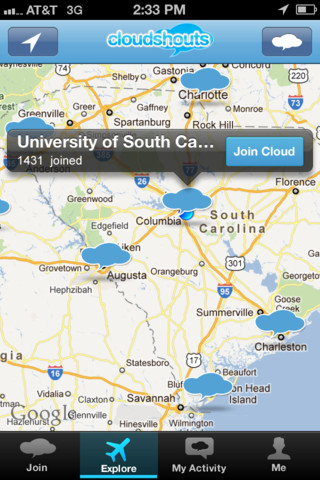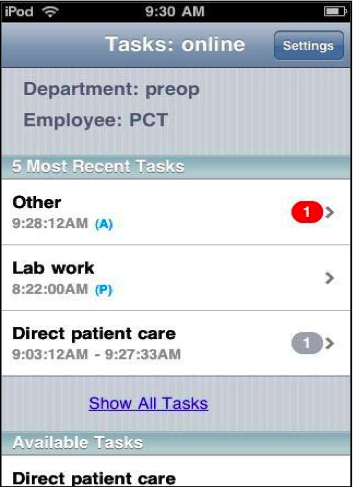 Dr. Nathan Huynh
Dr. Nathan Huynh and
Dr. Jose M Vidal have received $600K from the National Science Foundation (NSF) for research on mobile technology for use in hospitals, as part of a $1.4M grant shared with colleagues from Clemson University. The goal of the research is to determine how mobile technology can best be used to improve coordination in a hospital's perioperative services. The researchers will develop and test a mobile app that will include speech recognition, natural language processing, and other artificial intelligence techniques in order to deliver the right information at the right time to hospital staff, and to recommend tasks that should be handled next.
Research trials will be carried out at three hospitals: Greenville Memorial Hospital, Palmetto Health Richland in the Columbia area and the Medical University of South Carolina in Charleston.
You can also see
Clemson's press release or the official
NSF Award page.
Proposal Abstract
This project proposes to create a framework using a combination of mobile technology, learning systems, data analytics, education, and training to enhance cooperation and coordination of staff within and across perioperative services departments (POS). Perioperative services comprise surgery preparation, operating rooms, post-anesthesia care, sterile processing and a variety of other services, such as radiology and endoscopy. The specific objectives of this project are to: (1) enhance communication and coordination among POS staff to improve the quality of care by gathering and using important workflow milestones and introducing artificial intelligence techniques through the use of a smart-app, (2) analyze workflow data gathered with smart-apps using data analytics to provide intuitive displays of real-time information for frontline staff and a daily performance dashboard for managers, and (3) induce behavioral and cultural change in healthcare systems through training and education. While existing information technology capabilities such as natural language processing, artificial intelligence, and speech recognition technology are promising developments in computing, their uses in health care are limited and thus need to be thoroughly investigated before they can be used in health care effectively. To accomplish these objectives, the research team will work closely with the partnering healthcare organizations, Greenville Hospital System (GHS), Palmetto Health (Palmetto), and the Medical University of South Carolina (MUSC), in developing the tools and models which will be pilot-tested at these organizations by their staff.
The developed tools and models will be widely disseminated among health care providers in South Carolina. In addition, the smart-apps and agent-based simulation model will provide the team with a teaching and training tool that can be used in the classroom at Clemson University and the University of South Carolina (USC) to teach students across a variety of fields, such as business, engineering, science and healthcare students about information and workflow management techniques.
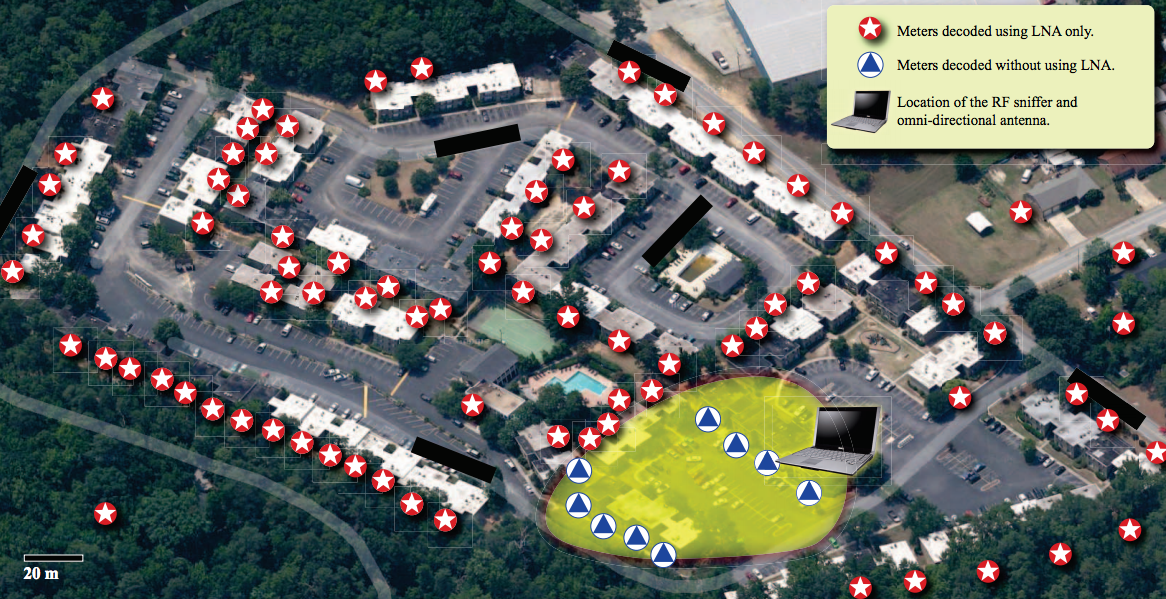 MIT's Technology Review covers Dr. Wenyuan Xu's research on snooping on electric meters in their article Another Reason for "Smart" Electric Meters.
MIT's Technology Review covers Dr. Wenyuan Xu's research on snooping on electric meters in their article Another Reason for "Smart" Electric Meters.
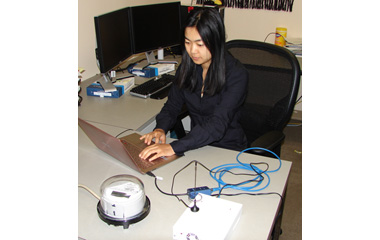 You can read the full paper: Neighborhood Watch: Security and Privacy Analysis of Automatic Meter Reading Systems where they provide all the details of this research.
Our own USC Times also covers this story in their article Is your utility meter getting personal?.
You can read the full paper: Neighborhood Watch: Security and Privacy Analysis of Automatic Meter Reading Systems where they provide all the details of this research.
Our own USC Times also covers this story in their article Is your utility meter getting personal?.
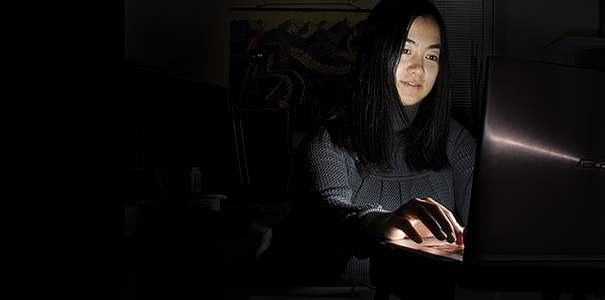




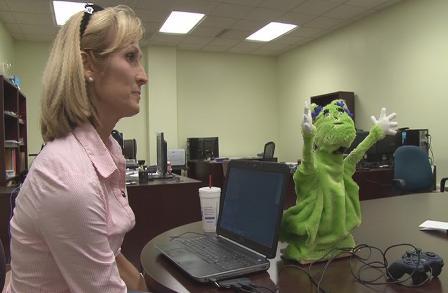
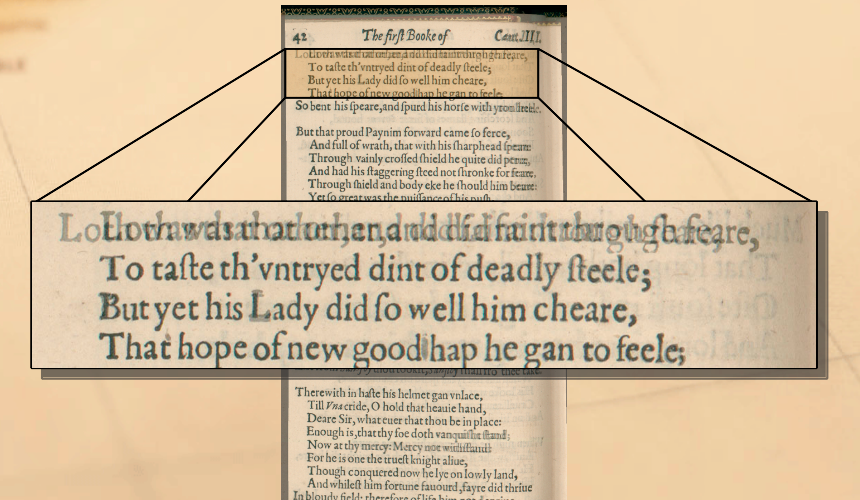
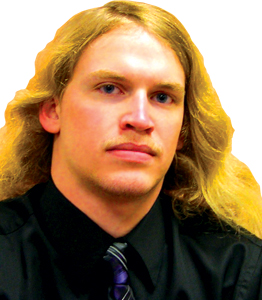 We are pleased to announce that
We are pleased to announce that  We are happy to welcome
We are happy to welcome 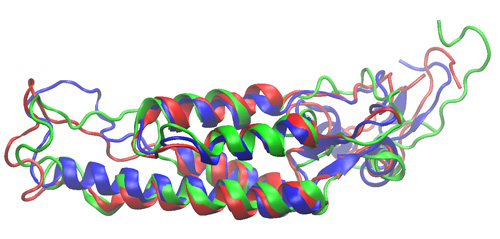
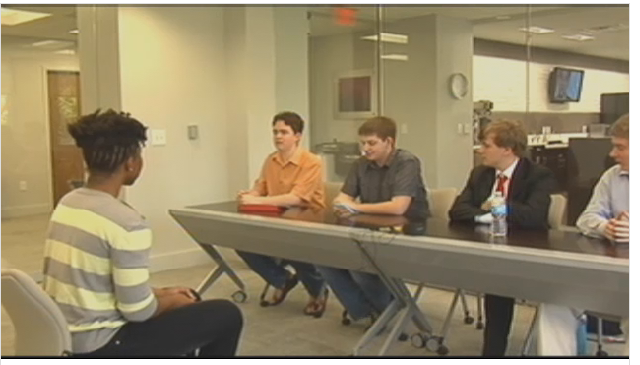
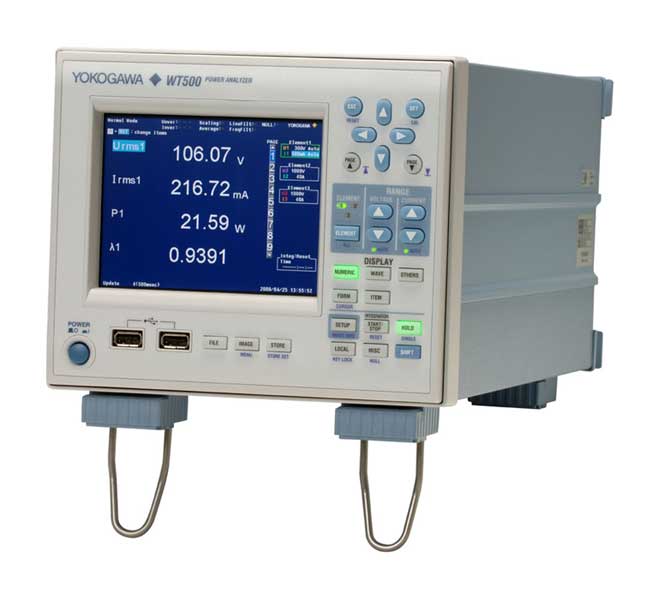
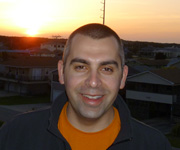 We would like to welcome
We would like to welcome 